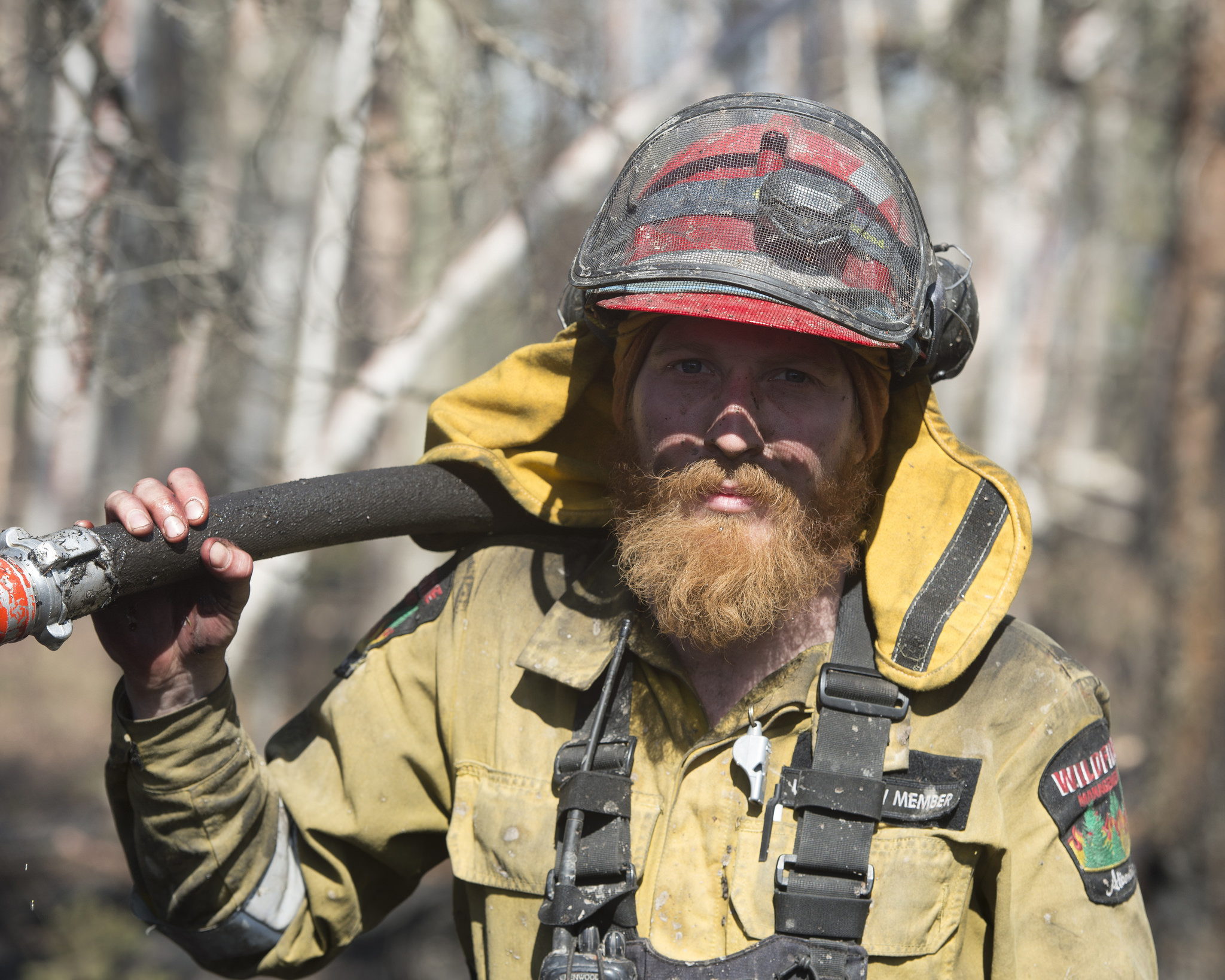Like this article? rabble is reader-supported journalism. Chip in to keep stories like these coming.
It’s been inescapable: the emotion that rises each time another story crosses the screen about the wildfires in Alberta is enough to occupy any free, thinking part of a brain and burst an already full chamber of a heart.
Especially when we think about 90,000 people fleeing a Canadian city because of a climate emergency.
And the workers: the ones who have lost everything and the ones who haven’t but who sleep on cots in camps.
And the workers who fly in and fly out and are now sitting in their homes all over B.C., especially Vancouver Island, wondering if they’re going to work again. And the workers who cross Canada to get to Alberta, over the boreal forest, from the east every 10 days, 20 days or 30 days.
Will Fort Mac will remain a sacrifice zone or will it be rebuilt? Is it the canary in our ecosystem? What else awaits us, summer of 2016?
I’m remembering working in the Yukon with some of the men who became my very good friends and all the guys who were on the initial attack crew. How we helicoptered to fire sites and I either cooked for 500 or 10, depending on the size of the fire and the urgency of the other ones. The heart-pounding excitement of the twice-daily updates on the size of the fire, the weather, the wind, the humidity — it was completely absorbing.
I’m remembering something I’d forgotten — I took a year and a half of an Environmental Science program at Langara and one of our pastimes was extrapolating from the predictions of the effects climate change would have on the Prairies. How continentality would get worse and the summers would get hotter and drier. How fire loads would grow. How regular wildfires burn at a temperature only needed to burn off the shell of the seeds the boreal needs to reproduce.
How the extreme wildfires we were modelling would carbonize the seeds we were talking about and have unpredictable impacts on the boreal itself. How the boreal forest is one of the last, best ways the earth has to transform carbon dioxide into oxygen.
We knew it was coming. The oil and gas companies knew it was coming. We just didn’t know how fast or how shocking.
We’re angry at the corporate executives and shareholders for whom profit is the only directive.
We’re angry at a system that only offered good paying jobs to people in economically depressed regions if they were willing to leave home and live in a jumped-up prairie boom town essentially creating its own doom.
We’re angry that these people’s lives were never as important as what they were taking out of the ground.
We’re angry that it would take a disaster to demonstrate the danger of our addictions to oil and the gamble that politicians and resource extraction companies have taken on land, air and water are for the gain of a select few.
This feels like reset time.
We won’t let this become a feel-good booster opportunity for extractive industries. They’re about to shed almost their entire workforces. Their workers are the ones we need to fight for, not shareholder profits.
It’s time to re-dedicate ourselves to the struggle against climate change in a way I’d been resisting, because it’s just too much to sit with sometimes. It’s so overwhelming to contemplate our gradual slide into the climate red zone — we seek to create a sense of normalcy daily by blunting the edge of that awareness.
It is overwhelming. We can do it. It’s both at once.
Like this article? rabble is reader-supported journalism. Chip in to keep stories like these coming.
Image: Flickr/Premier of Alberta



